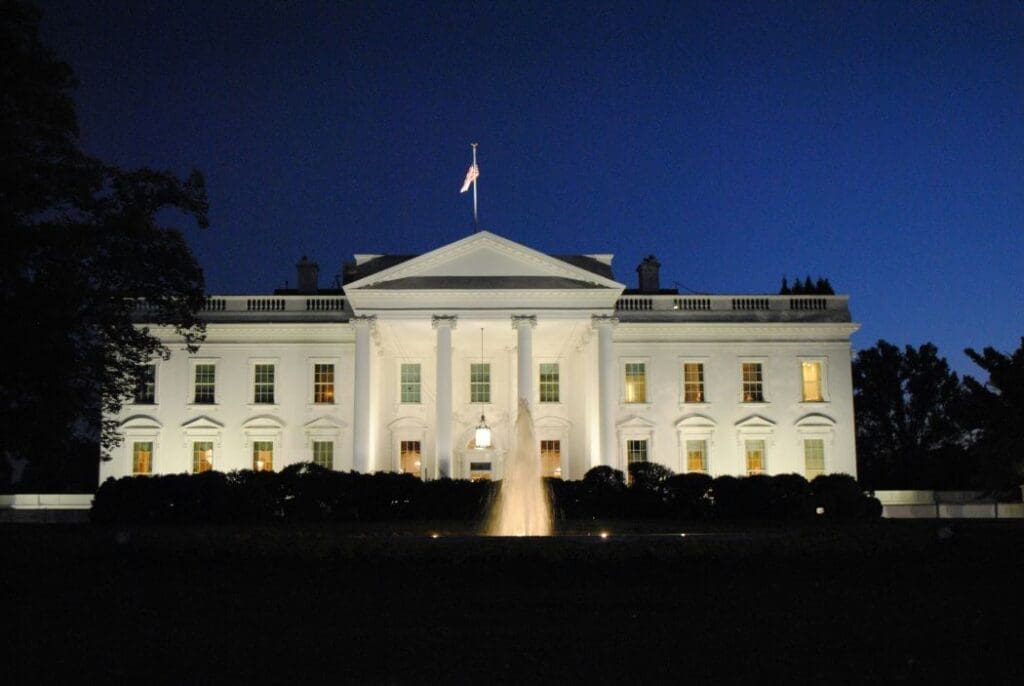In recent days, the Trump Administration has taken significant actions to slow U.S. climate action. They have frozen most U.S. foreign assistance, including international climate finance, moved to abolish USAID, and withdrawn from the Paris Agreement. Domestically, the administration has frozen most climate spending and is seeking to rework many government institutions and initiatives.

Following is a statement from Ani Dasgupta, President & CEO, World Resources Institute (WRI):
“The United States’ retreat from multilateralism and climate action at home and abroad is deeply concerning. These actions will only worsen the everyday challenges Americans are facing, from high energy bills and food prices to deadly floods and wildfires. The Trump administration’s recent actions make America and the world less safe, less strong and less prosperous.
“Less safe because climate impacts will continue to wreak havoc on American communities, while the causes of conflicts overseas will likely rise as the U.S. disinvests. Less strong as countries lose confidence in the U.S. as a reliable partner and communities are unable to recover from disasters. And less prosperous as the U.S will miss out on green jobs and the exploding clean energy economy around the world.
“The U.S. provides over 10% of the world’s climate finance to countries in need. Halting this finance is not only morally wrong but also damages U.S. interests. It’s still too early to tell what the U.S. cuts will mean for reaching the $1.3 trillion climate finance target that developing countries need by 2035, but the gap will likely be harder to fill. In this critical year for finance and with aid budgets under pressure everywhere, it’s even more vital we look at how to maximize multilateral development bank finance, international taxes and attracting private finance.
“The administration’s actions will cause significant suffering for people around the world. But we hope the rest of the world will continue to pursue life-saving development assistance and encourage global stability. WRI is more committed than ever to our work with partners in and beyond the U.S. to build stronger and more resilient, low-carbon economies that are good for people and the planet.”
Article Source:
Press Release/Material by World Resources Institute (WRI)
Featured image credit: jcomp | Freepik




